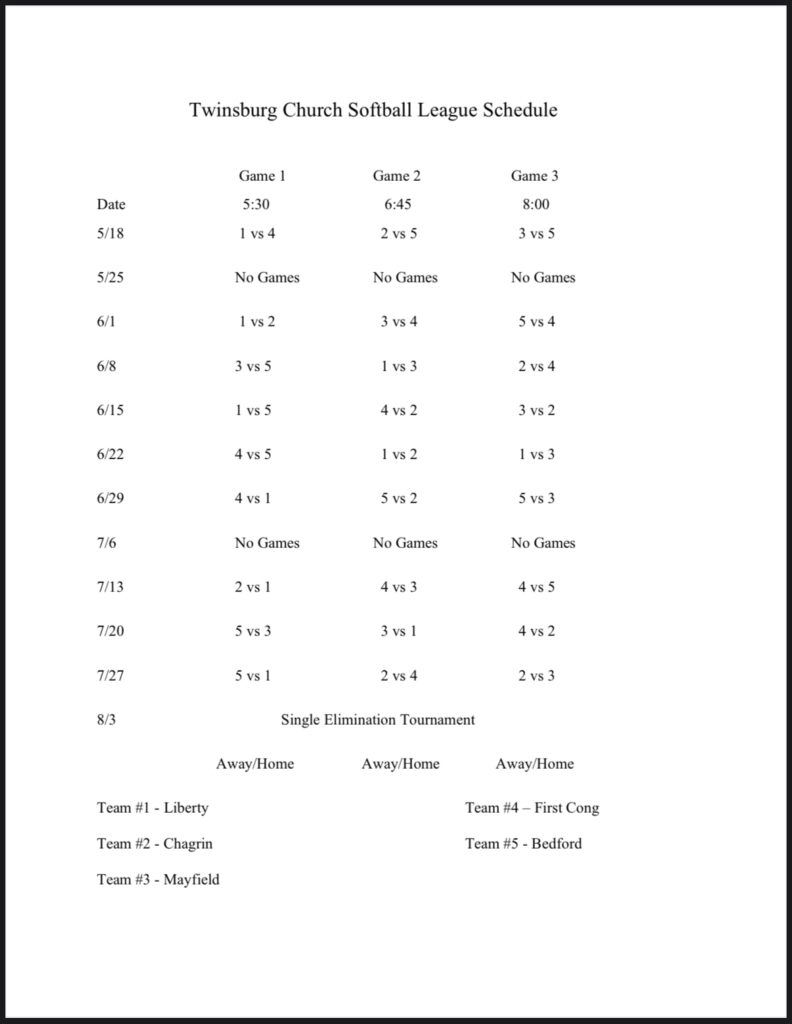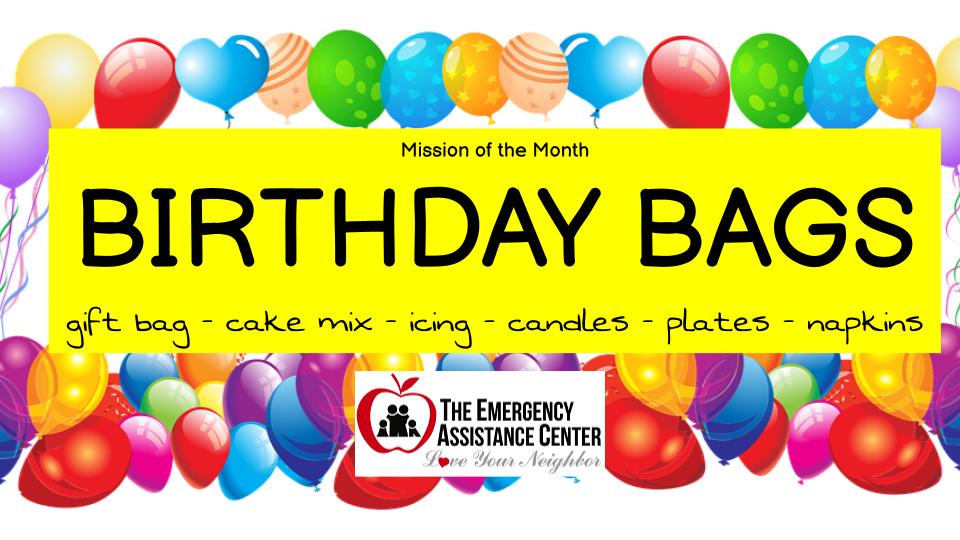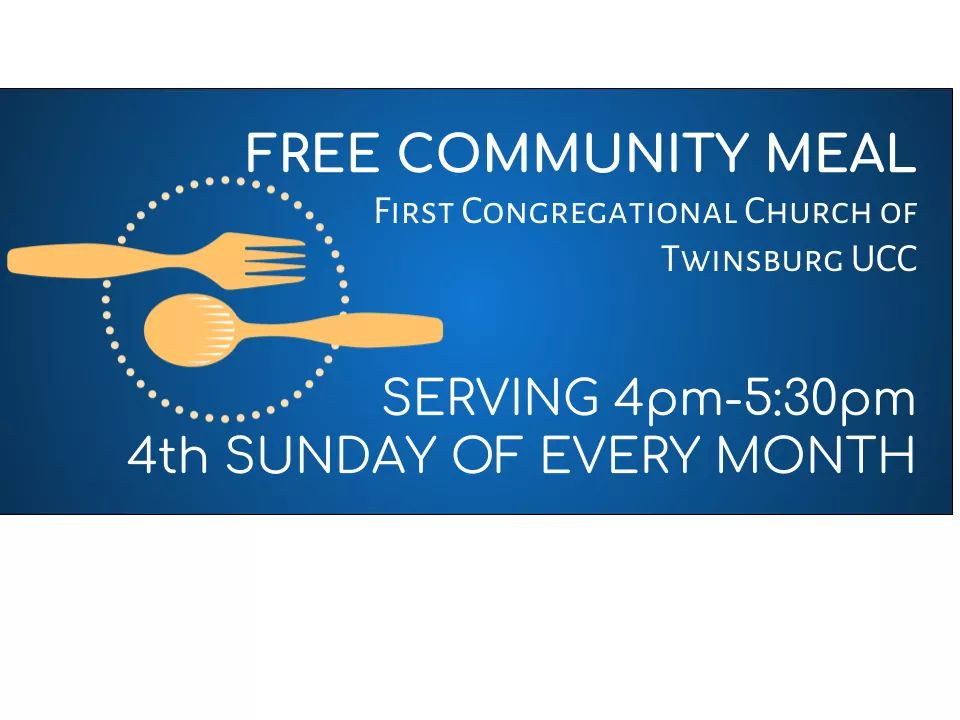Mark 4:1-20
We often make our spiritual lives more complicated than they need to be. It goes back to the time where the sisters Mary and Martha were hosting Jesus in their home. Martha was in a flurry and bothered by all that needed to be done, but Mary was at the feet of Jesus listening to his teaching. The passage of the seed and the soils brings our attention to this.
Jesus tells us “The one that has ears to hear, then hear.” For me that calls me to where am I giving my attention. We allow so much to distract us from just hearing what Jesus has to say. But when his words some puzzling, Jesus comes to the disciples and explains it to us. Jesus does not want us to miss the secrets of the life he wants to live in us. He says, “To you has been given the secret of the kingdom of God.” And that understanding is for those who use their ears to hear his words and pay attention to what he is teaching us.
Listening to what the Spirit is saying is always the key to our spiritual prospering.
Pastor Greg






